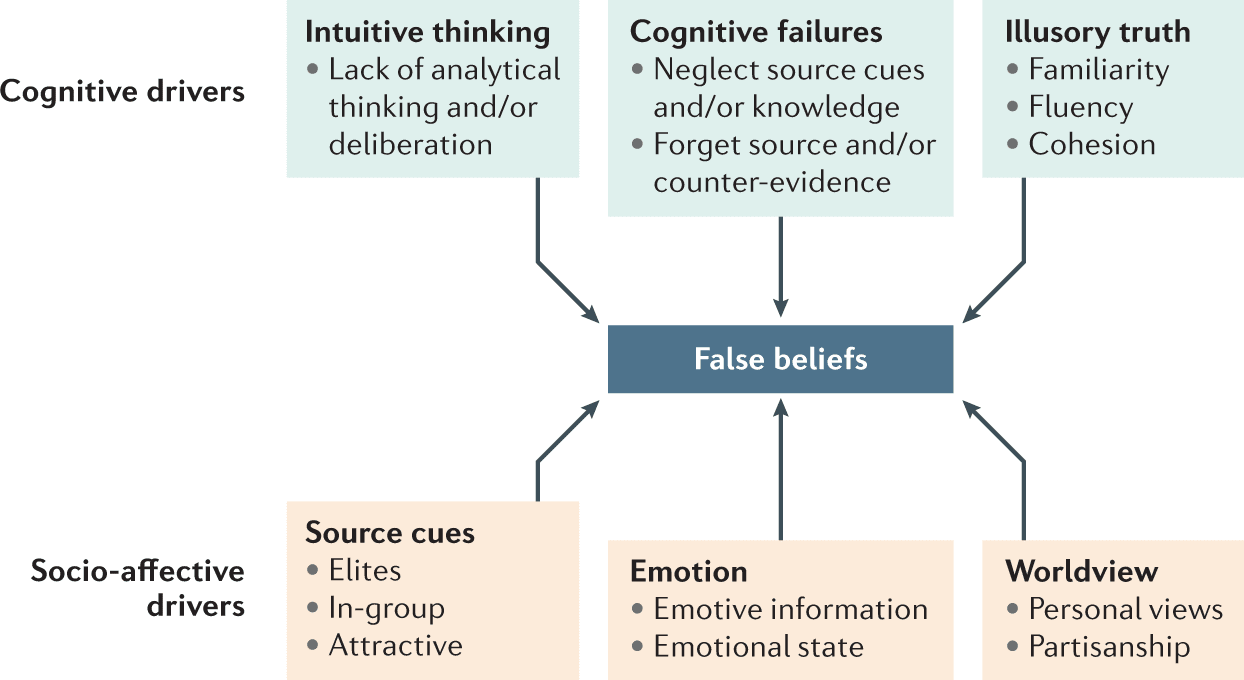This article explores the power of persuasion in the digital age, comparing influencers and politicians. Influencers leverage social media to shape opinions, promote products, and influence consumer behavior. Politicians aim at convincing citizens to support their policies and ideologies through traditional media and social media. Influencers focus on building personal brands and monetization opportunities, while politicians seek to win elections, address societal issues, and shape public policy. However, both face limitations and ethical considerations. It is important for influencers and politicians to use their persuasive powers ethically and responsibly. Recognizing their differences and ethical considerations is crucial in the digital age and politics.
From Influencers to Politicians: Analyzing the Power of Persuasion in the Digital Age vs. the Political Arena
Introduction
In today’s digital age, where social media dominates the way we communicate and gather information, it is important to analyze and compare the power of persuasion wielded by influencers and politicians. Both influencers and politicians exercise significant influence over their respective audiences, but they operate in different spheres and with different goals. This article aims to explore these differences and similarities, providing a comprehensive analysis of their persuasive powers.
Power of Persuasion in the Digital Age
Influencers
Influencers have emerged as powerful figures in the digital age, leveraging their reach and engagement on social media platforms to shape opinions and promote products. They have the ability to build a loyal and dedicated following, oftentimes driven by charisma, relatability, and an authentic persona. Influencers are known for their ability to influence consumer behaviors, driving purchase decisions and facilitating brand engagement. With their carefully curated content, they can persuade their audience to adopt certain lifestyles, endorse products, and support causes.
Politicians
Politicians, on the other hand, operate in the political arena where their power of persuasion aims at convincing citizens to support their policies and ideologies. They utilize a range of communication tools, including traditional media, speeches, and social media, to articulate their vision and gain public support. The power of persuasion in politics often involves addressing complex societal issues and convincing a diverse electorate to rally behind their proposals. Politicians rely on the trust and credibility they establish to win votes, pass legislation, and enact meaningful change.
Goals of Influencers vs. Politicians
Influencers
Influencers primarily aim to build and maintain a strong personal brand. Their persuasive efforts are directed towards promoting products or services, increasing engagement with their content, and maximizing profitability. Influencers often measure success through metrics such as the number of followers, engagement rates, and brand collaborations. While they may support social causes, their main focus is on personal brand growth and monetization opportunities.
Politicians
Politicians, on the other hand, seek to win elections, hold public office, and shape public policy. Their goals include addressing societal issues, improving the lives of constituents, and promoting their party’s agenda. They rely on the power of persuasion to build coalitions, convince voters to support them, and overcome opposition. Success for politicians is measured through election results, legislative achievements, and the impact of their policies on society.
Limitations and Ethical Considerations
While influencers and politicians possess persuasive powers, it is essential to consider the limitations and ethical implications of their actions. Influencers can face criticism for promoting materialism, perpetuating unrealistic beauty standards, and engaging in deceptive advertising practices. On the other hand, politicians may be accused of misleading voters, making promises they can’t keep, or engaging in unethical behavior to gain support. Both influencers and politicians have a responsibility to use their persuasive powers ethically and responsibly.
Conclusion
In conclusion, the power of persuasion in the digital age holds significant influence in both the realms of influencers and politicians. While influencers focus on building personal brands and promoting products, politicians aim to win elections and shape public policy. Despite these distinctions, both influencers and politicians play a crucial role in shaping opinions, driving change, and mobilizing their respective audiences. Recognizing the differences and ethical considerations in their persuasive powers is vital for a well-informed society navigating the complexities of the digital age and politics.
